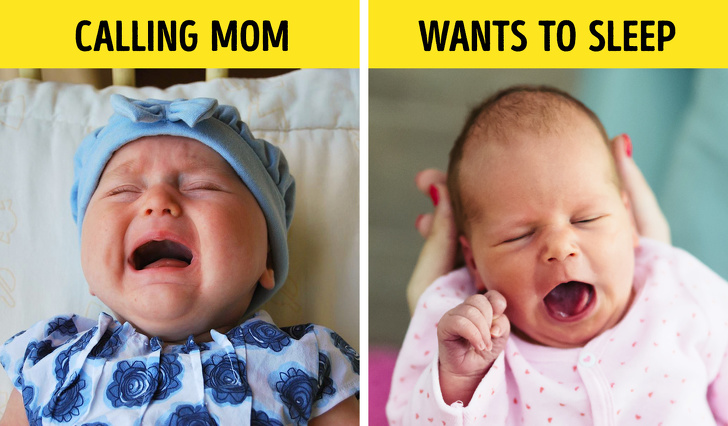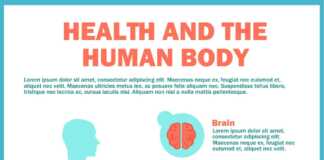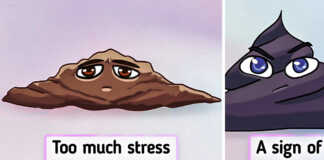When a baby is really young, their parents tend to fear a lot about their well-being and the health of the baby. They try to guess exactly what the baby wants and what may be causing discomfort.
But how do you understand babies without words? Experts describe three main methods that can help babies communicate with adults.
Although all parents learn to understand and interpret their baby’s individual signs, we are interested in some common rules that are used to distinguish their needs.
Signs To Help You Understand Your Baby
The Way They Cry
 © Ben_Kerckx / Pixabay © nd3000 / Depositphotos
© Ben_Kerckx / Pixabay © nd3000 / Depositphotos
Crying is the main way to express the baby’s needs during the first 4 months of life. But how can parents understand if the baby is crying because of hunger, pain or something else?
A Calling Cry
The baby has been alone for a long time and now they want their parents to look for them. They cry continuously for 5 to 6 seconds and then stop for 20 seconds as if waiting for the results.
If the parent does not respond, this cycle is repeated several times until the crying becomes continuous.
A Cry Because Of Hunger
It can start with a cry of call, but if the baby has not been picked up and fed, the crying will continue and become hysterical. The baby might also keep rotating their head, making smacking sounds with their mouth.
A Cry Because Of Pain
This shout will be monotonous, strong and constant. Periodically, there will be hysterical outbursts that indicate that the pain increases.
However, if the baby becomes ill, crying can also be monotonous but silent because they don’t strong enough to make loud noises.
A Cry Because Of Physiological Processes
Even gas, urination, or defecation can initially cause discomfort in a child. This type of crying resembles whining and squeaking.
A Cry Because Of Sleepiness
When the baby wants to sleep but cannot fall asleep for some reason, their crying sounds like an offended and soft groan, followed by a yawn. The baby will also rub their eyes and ears.
A Cry Because Of Discomfort
This crying is angry and intermittent and is usually accompanied by restlessness. The baby can also shake and bow. This means that it is time to check the diaper or they can be very cold or very hot in their clothes.
Also, very young babies may cry when they want to change their environment or when they are frustrated or bored.
The Sounds They Make
 © DesignPicsInc / Depositphotos © Loya-ya / Depositphotos
© DesignPicsInc / Depositphotos © Loya-ya / Depositphotos
Australian pediatrician Priscilla Dunstan has been studying and investigating early childhood sounds (up to 3-4 months) for more than 20 years. Thousands of babies of different nationalities participated in their experiments.
Priscilla thinks that the primary reflex sounds are international. After 4 months, babies begin to emit sounds that seek communication that is more related to their physical needs.
Priscilla opened her own school teaching new parents to understand their babies. It is believed that the ability to recognize these sounds in time prevents a future episode of crying.
The “dictionary” of the main sounds includes:
‘Neh’ – “I’m hungry!” This sound is produced when the baby pushes its tongue towards the palate and is activated by the sucking reflex.
’Eh’ – “I’m gonna burp!” This sound is formed when excess air begins to escape from the baby’s esophagus and they try to release it by reflex of the mouth.
’Owh’ – “I’m sleepy or tired!” The baby makes this “tired sound” by folding their lips before yawning.
’Heh’ – “I’m feeling uncomfortable!” Unpleasant tactile sensations cause the baby to move and shake hands and feet. All these movements contribute to the ‘Heh’ sound, especially when the baby’s mouth is slightly open.
’Eairh’ – ’I have gases and pain in my tummy!’ The sounds they emit are distorted and become moans when a baby stretches its belly and exhales while trying to get rid of the pain.
Preview photo credit casanowe1 / Depositphotos, logoboom / Depositphotos












